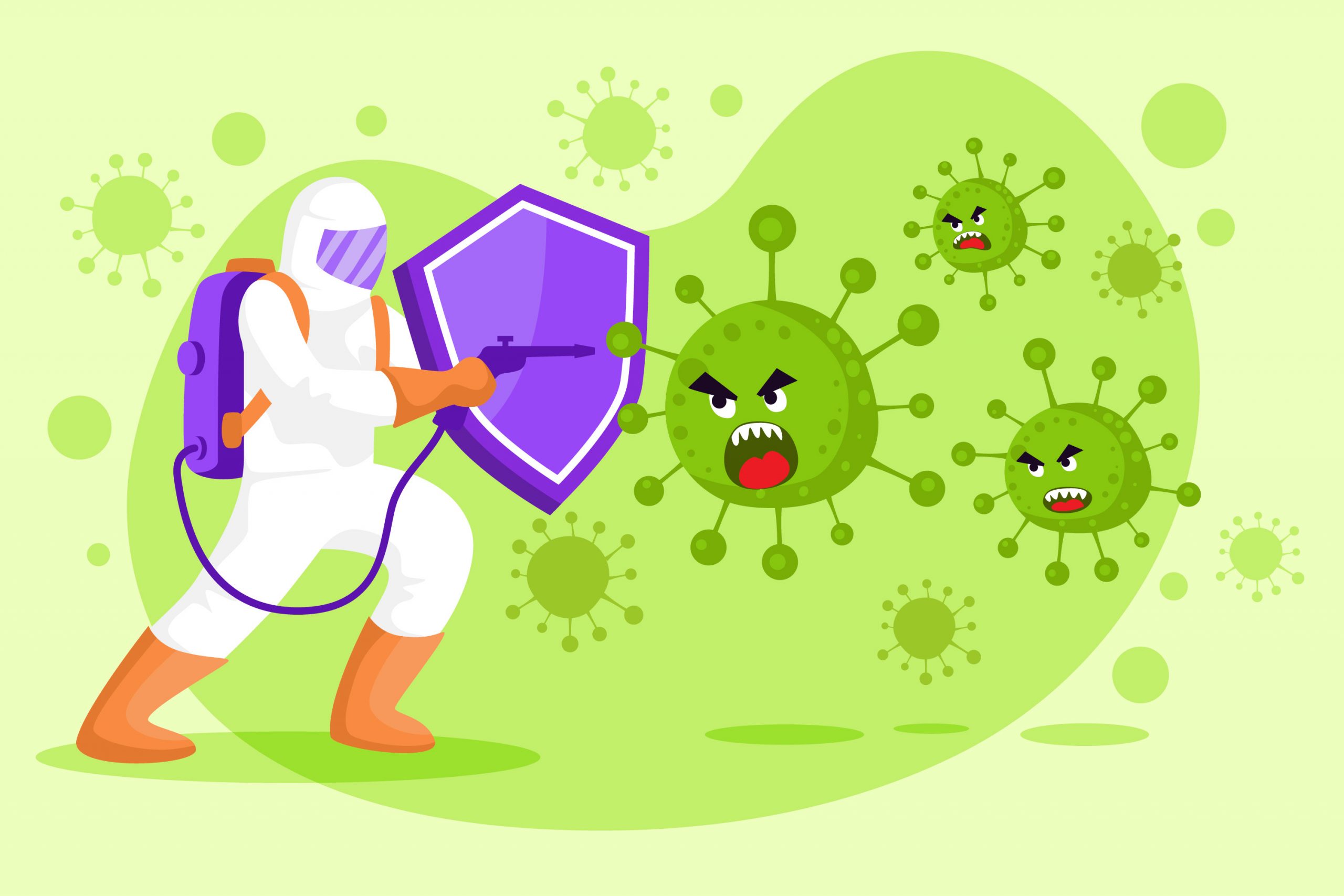Importance of Adopting Digital to Fight COVID-19
The COVID-19 pandemic has been one of the biggest crises on a global scale and people all over the world are looking for ways to mitigate its impact and recover from it as fast as possible. The adoption of digital is one of the most efficient ways not only to reduce the COVID-19 impact but also to apply the needed preventative measures in the future. In this article, we will have a look at how exactly the adoption of digital technology can help fight COVID-19.
Support of self-isolation
Self-isolation is one of the most efficient ways to decrease and stop the spread of the disease so people all over the world are encouraged to remain on self-isolation. While it’s great for people, it’s not so good for businesses especially the ones that imply a direct interaction with their customers (think restaurants and cafes as an example).
In this situation, the adoption of digital can bring benefits to both businesses and customers. For businesses, it is a great chance to expand the digital presence and offer brand-new services. For example, restaurants can introduce the delivery option and retain it in the future.
As for the customers, the opportunity to connect with their favorite businesses during a crisis (i.e. via a mobile app) not only reduces stress but helps retain the same lifestyle as before the pandemic. In this way, people feel less anxious about the necessity to stay at home and, at the same time, can support local businesses in a financial way by ordering delivery or buying a certificate.
Use of AI in public health services
Artificial Intelligence has become one of the top solutions for the healthcare industry. This technology significantly improves the screening of medical images, helps detect certain diseases in a faster and more accurate manner, and helps measure the volume and severity of the diseases.
Thus, the deployment of AI in public health services can make a significant impact on the battle with coronavirus. By using AI, medical specialists will be granted with the following benefits:
- More accurate screening of the patients’ lungs for COVID-19 detection
- Better measurement of the volume, impact, and severity of the COVID-19 among patients
- An option to build accurate forecasts on the disease growth and its potential mutations
- An option to speed up medical research.
In light of pandemic, Artificial Intelligence has become a valuable tool that can make a significant impact on the way medical specialists study and battle the virus.
Empowerment of equipment supply and medical research
Due to the rapid spread of contamination, medical facilities all over the world experience a shortage of critical medical supplies such as protective face masks or replacement valves for reanimation equipment. However, these problems can be resolved with the help of 3D printing technology.
By using 3D printers, medical facilities can produce the necessary amount of the needed supplies at an affordable rate. This, in turn, will contribute to the more efficient and fast treatment of patients and, as a result, will help mitigate the crisis.
As well, the use of advanced technologies can significantly speed up the process of medical research. By deploying Big Data and analyzing it with corresponding tools, medical specialists can come up with the needed vaccine in a shorter period of time and perform more accurate tests.
An option to engage and help people
Considering the isolation and the overall level of confusion, people want to address the government directly and receive support and advice. While some governmental institutions still hesitate to adopt top-notch technologies, many of them already switched to the online mode and offer digital services via convenient mobile and web applications.
In this way, the government can reach all groups of people, listen to their opinion on the matter, and provide a timely response. As well, the digitization of government services promotes better engagement and encourages people to speak out their ideas and opinions.
One more issue that technology successfully resolves is helping people from vulnerable groups (i.e. elderly) who find themselves on self-isolation without an option to go out and buy basic necessities such as medicine and products. By coming up with a suitable digital solution, governmental organizations can help these groups of people in an efficient manner. An example would be a Volunteer in Action web application, developed by SoftTeco for the Belorussian Red Cross. The application is aimed at helping people easily register as a volunteer and help those in need. As for coordinators, they can manage the volunteers’ database and assign the tasks to the corresponding people. This application significantly elevates the way the Red Cross organization manages its volunteers and contributes to better care of people in need.
Summary
In times of crisis, it is critical to use the most advanced tools that can help mitigate its impact and provide timely support to people. Digitization has become an obligatory practice for any business or government institution that wishes to retain the interaction with people and get through a crisis with minimal losses. But in order to bring real value and avoid major financial spendings, it is important to estimate how exactly the adoption of digitization can help your specific company and what value you aim to bring to your customers through digitized services.
Author Bio:
Irina Linnik is a digital specialist at SoftTeco – a company that designs custom software products for enterprise clients. Irina has over 6 years of experience in copywriting and she loves creating a compelling copy that informs the readers about the latest technological trends in an engaging and clear manner.


